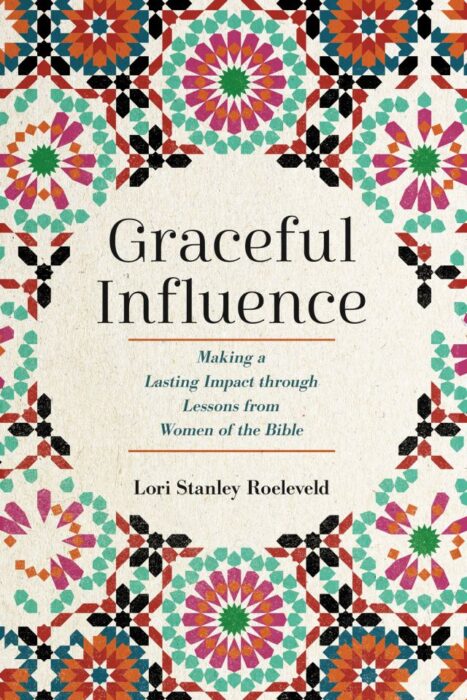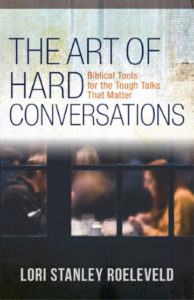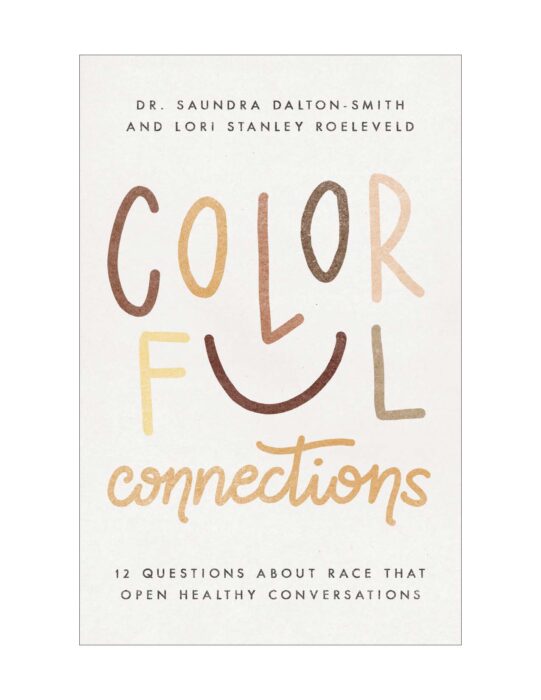 A zealot, a tax collector, a Pharisee, and a fisherman all sit at a table to share a meal.
A zealot, a tax collector, a Pharisee, and a fisherman all sit at a table to share a meal.
There’s little on which they agree. Their approaches to life’s big questions are as different as their professions and politics. During the meal, the volume rises. Heads shake. Eyes roll. Faces flush. But, when the meal concludes, everyone rises together to follow Jesus.
Jesus demonstrated from the inception of His church that we don’t have to hold hands and sing Kum-bah-yah to follow Him.
As we process the tragic death of Rachel Held Evans (who leaves behind a loving husband and two young children), we have an opportunity to consider the struggle we have to converse and to share air-space with people who disagree with our perspective on the church, our theology, or our application of Scripture.
I place a high value on truth. I believe the Bible to be the authoritative Word of God and I believe theology matters. There is correct theology and there is heresy. I believe Jesus places a high value on truth. He testified that He is “the Way, the Truth, and the Life. No one comes to the Father except through me.” John 14:6
Father except through me.” John 14:6
AND it is biblical truth that we are to love one another, bear with one another, be patient, forgive seventy times seven times, “and the Lord’s servant must not be quarrelsome but kind to everyone, able to teach, patiently enduring evil, correcting his opponents with gentleness. God may perhaps grant them repentance leading to a knowledge of the truth, and they may come to their senses and escape from the snare of the devil, after being captured by him to do his will.” 2 Timothy 2:24-26 ESV
This passage is hard to execute, but Jesus-followers do hard things.
I’m still learning how to do this, but I’ve found that most of my mistakes in dealing with those who disagree with me find their origin in pride and fear.
First, I want to be right. I don’t like to be wrong. I take my Bible study seriously – not out of fear of punishment or disapproval from God, but because I believe that living according to God’s Word is the way we were designed to operate.
I don’t want it wrong in my life and surely don’t want to pass error on to others.
 Here’s where God has a brilliant answer – humility. As much as I’ve studied, prayed, researched, and sat under sound teachers on debatable issues, I could be wrong. Now, if I thought I was wrong, I would believe something else, so I don’t apologize for my understanding of Scripture because it’s based on thoughtful study.
Here’s where God has a brilliant answer – humility. As much as I’ve studied, prayed, researched, and sat under sound teachers on debatable issues, I could be wrong. Now, if I thought I was wrong, I would believe something else, so I don’t apologize for my understanding of Scripture because it’s based on thoughtful study.
But, I don’t believe people who have other understandings of God’s Word are fools. We live in times of rampant deception. Any of us can fall prey. And our own internal struggles with sin, with our place in the world, with faith, or with our own wounds can contribute to forays into heresy. If this were me, I would want others to invest time in hearing me, caring about me, and gently correcting. If I wasn’t interested in hearing their opinions, I would want them to pray for me and leave the door open for us to resume conversation if I was ever ready to listen.
Or, we may realize we don’t truly understand why we believe what we believe. This is not fun, but it’s also a powerful opportunity both for nurturing humility in our own characters and of fortifying our understanding of God’s Word. We can then thank our opposer for highlighting an area where we need to grow and then set about to better understand our own theology.
Second, fear rises within me when others challenge my understanding of faith.
This fear is a human response, the fight or flight instinct, whenever we face opposition. Learning to recognize this fear, understand its origin, repent and turn from it, and work through it, is one vital task of every persecuted, oppressed, or opposed believer.
Other people’s opinions don’t make us taller or shorter. We are free to retain our understanding of Jesus and of biblical teaching, even if we stand alone in that understanding.
There is real danger in false teaching, and our concern is merited, but operating or talking from a base of fear only leads to foolishness and missteps. (Read Psalm 37)
Relinquish fear. Every time. When we encounter a differing teaching or opinion and feel fear rise (or its cousins panic, anxiety, irritation , rage, judgment), we should immediately pray.
, rage, judgment), we should immediately pray.
Ask God to reveal the source of our fear so we can be aware and repent. Ask Him to remind us that He is with us and He loves the person with a different understanding of His Word. Ask Him to make our love for Him and for them greater than our fear.
Then, calmly, lovingly, confidently, courageously, simply speak truth – without condemnation. Ask questions. Lots of questions. Express love. Validate inconsistencies in church teaching and living but point the other person always to Jesus who lived the truth perfectly in love.
We have no business speculating on other people’s stories with God. In the wake of Rachel’s death, there are misguided individuals theorizing why her earthly story ended so quickly. We should remember Jesus’ words when Peter asked Jesus about John’s story – “If it is my will that he remain until I come, what is that to you? You follow me!” John 21:22 ESV
It’s not our job to sum up another person’s story. It’s our job to follow Jesus and to speak the truth in love, to relinquish fear, and to obey  God’s Word in 2 Timothy 2:24-26.
God’s Word in 2 Timothy 2:24-26.
At the end of the day, the world doesn’t need a church free of conflict, it needs a world unafraid of conflict and willing to work through conflict demonstrating love.
God warns us that there would be times where many people’s love would grow cold. Don’t be one of those people. Love is in line with biblical truth and it casts out fear.
When We Disagree – thoughts in the wake of Rachel Held Evans tragic passing. https://t.co/5Go1xp6pVT #speakingtruthinlove #RachelHeldEvans
— Lori Roeleveld (@lorisroeleveld) May 8, 2019











The Conversation
Your faithfulness to God, to His Word, and to His people, through your well-discerned words, spur me on, Lori.
Thank you, Lori, for your helpful message. Disagreeing has come into my life so much more often due to Facebook. I recently responded to a quote about not liking someone even though we are told to love someone. Using Romans 12:10 – I tried to point out that considering others is important as we relate to one another. Liking verses loving others – could you share about what you think these two words mean in the life of a follower of Jesus? Thank you.